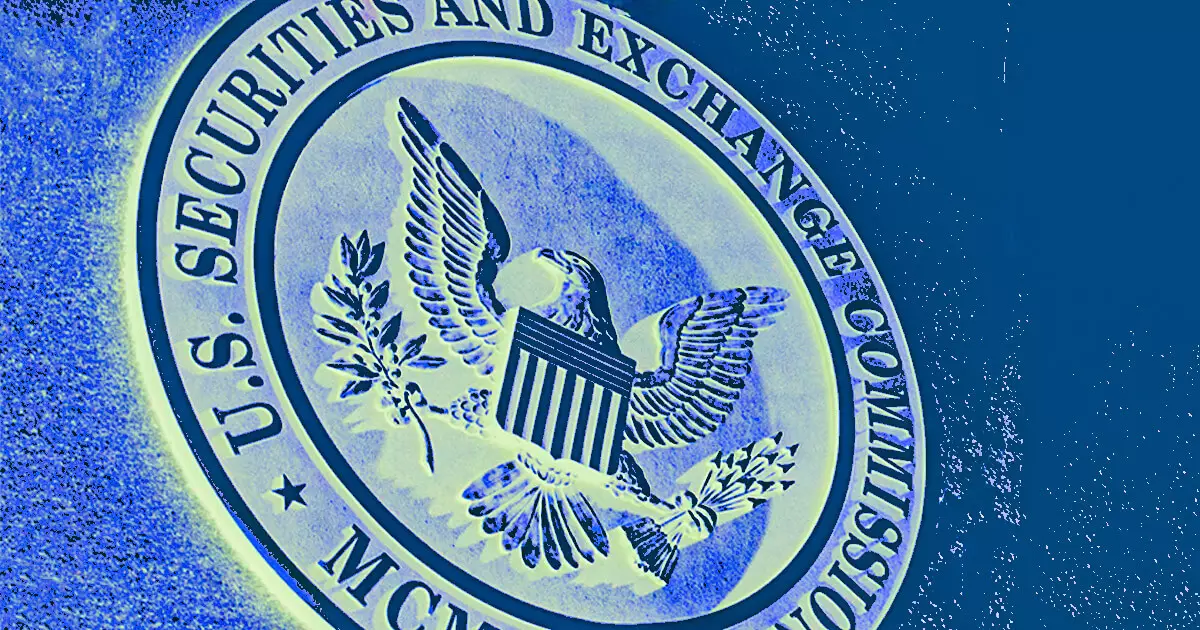The recent enforcement action by the Securities and Exchange Commission (SEC) against the Flyfish Club has sparked considerable debate among regulators, particularly dissenting voices such as Commissioners Hester M. Peirce and Mark T. Uyeda. This case revolves around the Flyfish Club’s innovative approach to dining, where participation requires the purchase of non-fungible tokens (NFTs). These NFTs not only serve as digital assets but also confer exclusive rights to access a premium culinary experience, thereby blending technology with hospitality. In a letter dated September 16, Peirce and Uyeda assert that the regulatory measures employed are misguided, arguing that traditional securities laws should not be applied to this scenario.
Flyfish Club’s strategy involved creating approximately 3,000 NFTs, representing memberships to an exclusive dining experience. With prices ranging from $8,400 to $14,300, this endeavor successfully raised $14.8 million, further aided by $2.7 million in secondary sale royalties. The SEC’s argument rests on the classification of these tokens as securities, leading to charges against Flyfish Club for conducting an unregistered offering. However, Peirce and Uyeda contend that the essence of the NFT transcends mere financial speculation; instead, these tokens symbolize access to unique culinary experiences, thus categorizing them more aptly as utility tokens. Their assertion raises essential questions regarding the appropriate application of the Howey Test, traditionally used to gauge whether an asset qualifies as a security.
The Broader Implications for Regulation
The significance of this case extends beyond the actions of the Flyfish Club itself. By emphasizing the potential consequences of classifying NFTs as securities, Peirce and Uyeda warn of the detrimental effects such regulatory approaches can have on innovation in the NFT space. The commissioners argue that a rigid interpretation of existing laws could stifle creativity and entrepreneurial spirit, ultimately undermining the regulatory framework’s intention to foster new market developments. They call for a clearer, more constructive regulatory environment that allows creators to experiment without the looming threat of legal repercussions.
OpenSea and Ongoing Regulatory Challenges
The controversy continues with the SEC’s threat of a Wells Notice against OpenSea, a prominent NFT marketplace, which suggests potential securities violations on its platform. OpenSea’s CEO, Devin Finzer, criticized the SEC’s stance, indicating that it could harm creators and artists reliant on these digital platforms for livelihood. In response, the Stand With Crypto Alliance, supported by Coinbase, initiated a $6 million Creator Defense Fund aimed at shielding affected artists from regulatory backlash. This emerging conflict highlights the tension between regulatory oversight and the burgeoning cultural landscape of NFTs, suggesting that unless there is a fundamental dialogue between the SEC and creators, the future of digital assets and their commercialization remains precarious.
As the digital landscape continues to evolve, the case of Flyfish Club could serve as a crucial learning point for regulators. By reconceptualizing the regulatory approaches to emerging technologies and frameworks, there exists the potential to guide industries like NFTs towards sustainable growth. The SEC, while fulfilling its role in protecting investors, must also recognize the unique characteristics that distinguish NFTs from traditional securities. Future guidance on regulatory practices would not only bolster innovation but also restore the fundamental trust that Peirce and Uyeda advocate, fostering a healthier relationship between regulators and creators in this rapidly changing digital economy.
















Leave a Reply